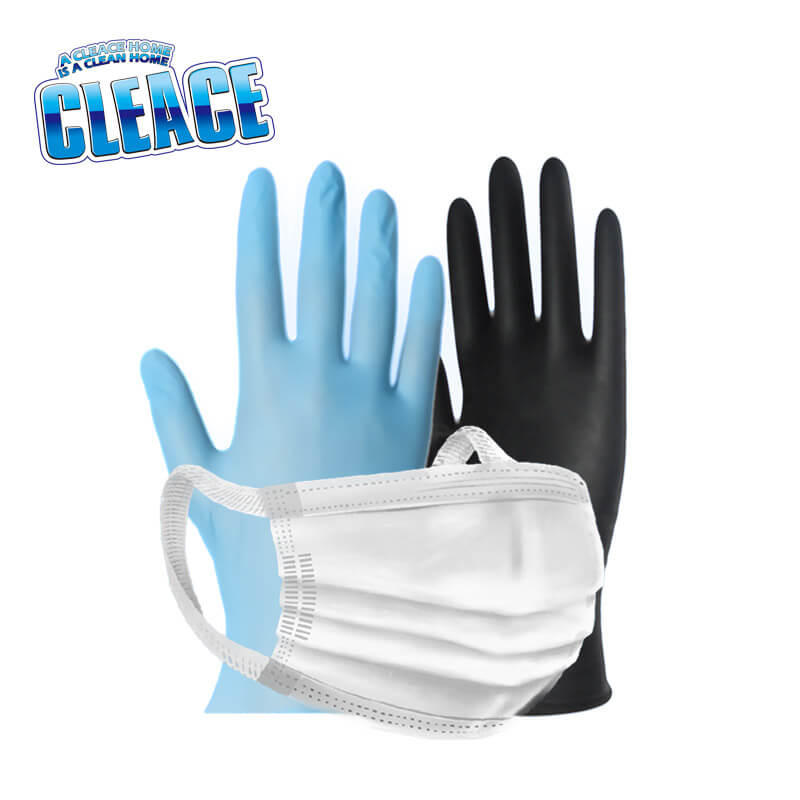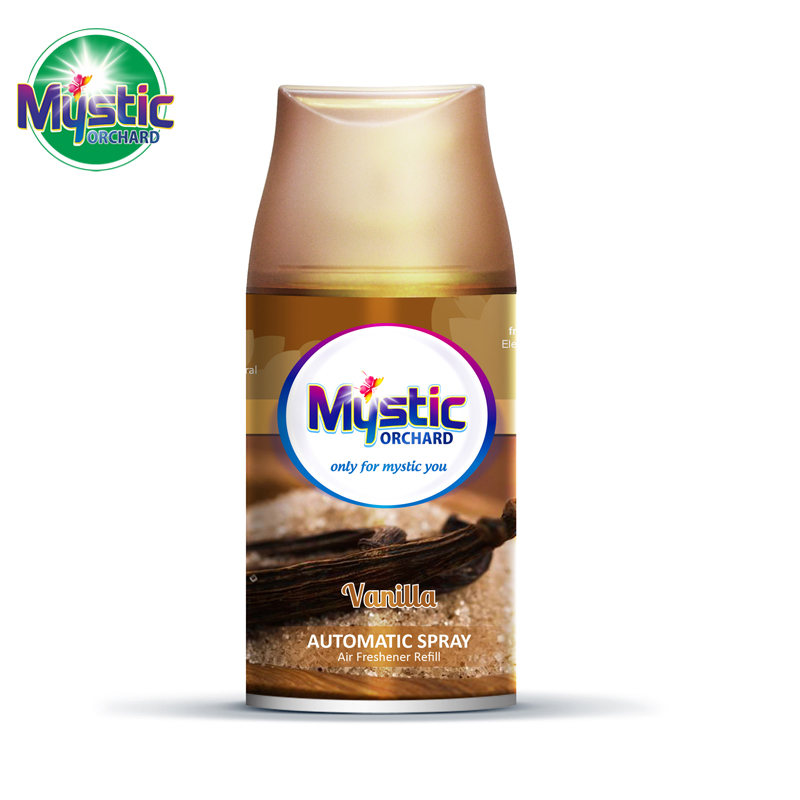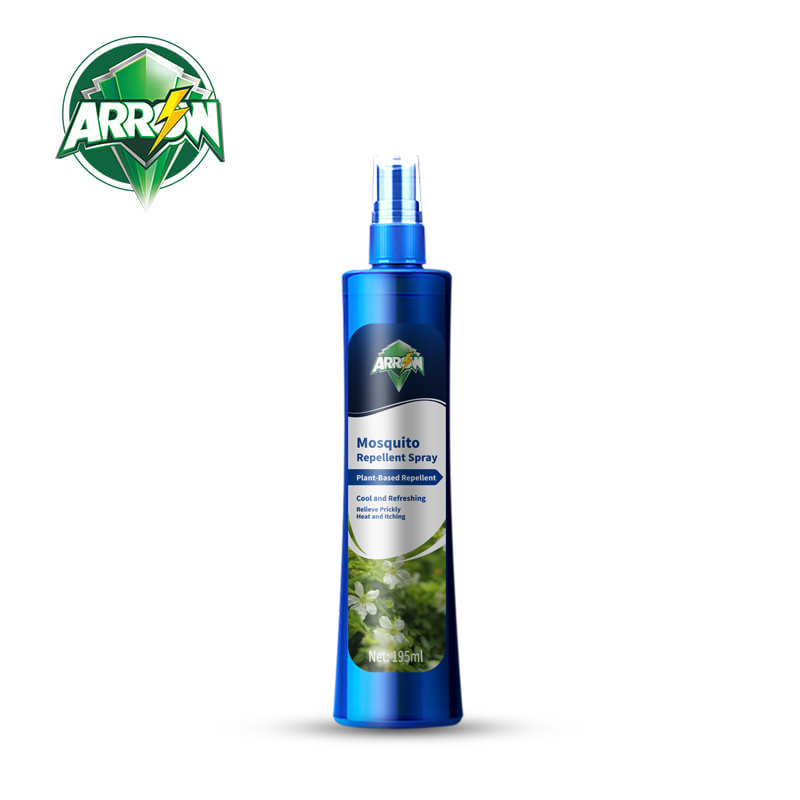washing powders, like any cleaning product, can contain ingredients that may have varying levels of toxicity or potential hazards. However, the toxicity of a washing powder depends on the specific formulation and the concentration of its ingredients. Here are some key points to consider:
Hazardous Ingredients: Washing powders may include ingredients that can be potentially harmful if ingested, inhaled, or if they come into contact with the skin or eyes. These ingredients can vary, but common examples include certain surfactants, enzymes, fragrances, and optical brighteners.
Safety Precautions: Manufacturers typically provide instructions and safety precautions on the product packaging. These guidelines may include warnings about keeping the product out of reach of children, avoiding contact with eyes or prolonged skin exposure, and using the product in well-ventilated areas.
Regulatory Standards: In many countries, cleaning products, including washing powders, are subject to regulations and standards that aim to ensure their safety for consumer use. Regulatory agencies may set limits on the concentration of certain ingredients and require the disclosure of potential hazards on product labels.
Allergies and Sensitivities: Some individuals may have allergies or sensitivities to specific ingredients present in washing powders. Common allergens can include fragrances, dyes, or certain enzymes. It's important to read product labels carefully and consider your personal sensitivities when choosing a washing powder.
Environmental Impact: While not directly related to human toxicity, it's worth considering the environmental impact of washing powders. Some ingredients commonly found in detergents, such as certain surfactants or preservatives, can have adverse effects on aquatic life and ecosystems if released into waterways.
To make informed decisions about the potential toxicity of a washing powder:
Read the product label carefully: Look for any warnings, safety instructions, or hazard symbols on the packaging.
Follow usage instructions: Use the product as directed, including recommended dosages and precautions provided by the manufacturer.
Consider alternative options: If you have specific concerns about the toxicity of washing powders, you can explore environmentally friendly, hypoallergenic, or natural alternatives that may have a reduced impact on both human health and the environment.
If you have specific health concerns or questions about the safety of a washing powder, it's advisable to consult a healthcare professional or reach out to the manufacturer for more detailed information.
Remember, proper handling and use of any cleaning product, including washing powders, can help minimize potential risks associated with their ingredients.
The potential toxicity of washing powders:
1. Chemical Ingredients: Washing powders can contain a variety of chemical ingredients, some of which may have the potential for toxicity. These ingredients can include surfactants, enzymes, bleaching agents, fragrance compounds, optical brighteners, and preservatives. The specific toxicity of these ingredients can vary depending on the concentration, exposure route, and individual sensitivity.
2. Hazardous Chemicals: Some ingredients commonly found in washing powders may pose health risks if not used properly. For example:
- Surfactants: While generally considered safe, certain surfactants, such as alkylbenzene sulfonates, can cause skin and eye irritation in concentrated form. However, at the typical concentrations found in washing powders, these surfactants are generally not considered highly toxic.
- Enzymes: Enzymes, such as proteases or amylases, are added to washing powders to help break down stains. These enzymes are usually safe to use, but in some cases, individuals with respiratory issues or allergies may experience irritation or allergic reactions.
- Fragrances: Fragrance compounds can potentially cause skin irritation or trigger allergic reactions in some individuals. Washing powders may contain a mixture of various fragrance ingredients, and some people may have sensitivities to specific compounds. Fragrance-free options are available for those with sensitivities.
3. Safety Precautions: Manufacturers provide safety instructions and precautions on their product labels to help consumers use washing powders safely. It is important to follow these guidelines, which may include:
- Keep out of reach of children: Washing powders should be stored in a secure location to prevent accidental ingestion or exposure by children.
- Avoid eye contact: If washing powder comes into contact with the eyes, it can cause irritation. Rinse eyes thoroughly with water if this occurs and seek medical attention if irritation persists.
- Skin protection: While washing powders are generally safe for normal use, prolonged or repeated contact with concentrated solutions can cause skin dryness or irritation. It's advisable to avoid direct skin contact or use protective gloves if necessary.
4. Environmental Impact: In addition to potential human toxicity, washing powders can have environmental implications. Certain ingredients, such as phosphates, certain surfactants, or non-biodegradable compounds, can contribute to water pollution and harm aquatic ecosystems if not properly managed or treated.
5. Regulatory Oversight: Cleaning products, including washing powders, are subject to regulations and standards in many countries. Regulatory agencies set guidelines for ingredient safety, labeling requirements, and concentration limits for potentially hazardous substances. Compliance with these regulations helps ensure consumer safety.
To make informed choices:
- Read product labels carefully: Look for safety instructions, warnings, and ingredient information on the packaging.
- Follow usage instructions: Use washing powders as directed, including recommended dosages and any safety precautions provided.
- Consider alternative options: If you have specific concerns about the toxicity of washing powders, you can explore alternative products, such as eco-friendly or hypoallergenic detergents, which are formulated to have reduced environmental and human health impacts.
If you have specific health concerns, allergies, or questions about the safety of a washing powder, it's advisable to consult a healthcare professional or reach out to the manufacturer for more detailed information.









CONTACT US NOW!
If you did not receive our reply within 24 hours, please send to our email s@aogrand.com, or call +86-13002502658 directly.